Index Insurance: Unlocking Opportunities and Addressing Challenges - A2ii-IAIS-UNCDF Public Dialogue Report
Index Insurance: Unlocking Opportunities and Addressing Challenges - A2ii-IAIS-UNCDF Public Dialogue Report
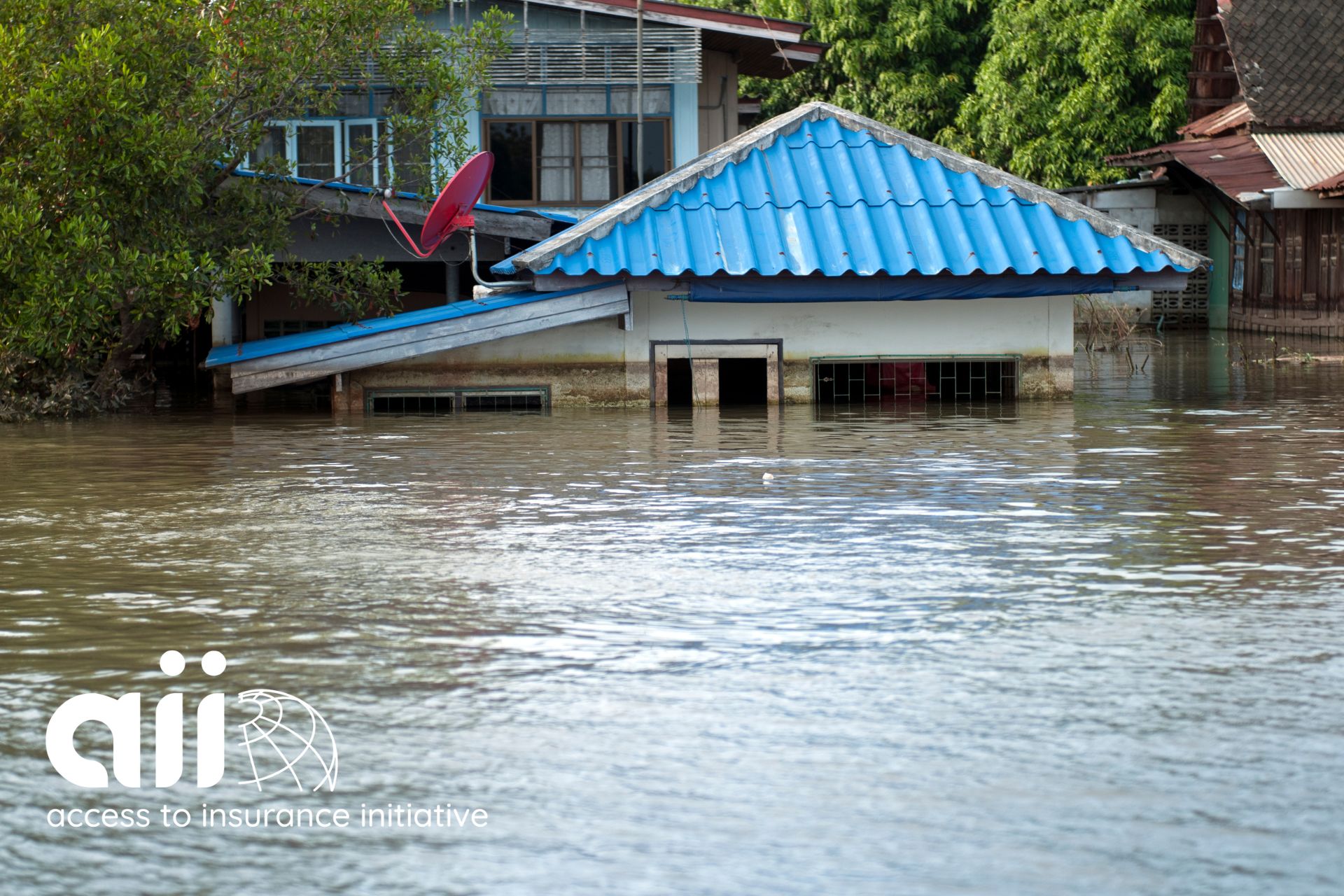
Note: In November 2023, A2ii and UNCDF launched two self-paced trainings on Index Insurance:
- The training for supervisors – leading to a Certificate of Completion
- The training for other industry stakeholders – this program is publicly available and does not lead to a certificate of completion
Index insurance, also known as parametric insurance, has gained significant popularity in recent years due to its potential benefits. The use of satellite technology and predetermined trigger indexes allows for a swift response and efficient processing of pay-outs. When a natural disaster occurs, the calculation platform detects the damage, defines it and informs the insurer. They then identify which clients are affected and generate payments within weeks or even days. This expedited process holds potential in providing effective and affordable insurance protection for low-income and vulnerable groups.
However, implementing index-based products comes with its own set of challenges. The coverage might be limited, not covering smaller disasters or failing to provide sufficient payment for extensive damages. The reliance on technically complex quantitative data can be an obstacle with regards to financial literacy and consumer protection. Additionally, index insurance has not met the regulatory requirements to be commercialised as insurance, thus hindering its implementation.
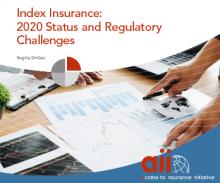
Insurance regulators, along with other stakeholders, have crucial roles to play in the development and implementation of viable products. Following the A2ii report on the Status and Regulatory Challenges of Index Insurance, the accompanying survey based on insurance supervisors from 27 jurisdictions identified that the recognition of index insurance within the insurance legal and regulatory frameworks remains an issue for many jurisdictions. It is important to have a sound regulatory framework that enables the necessary market conditions while at the same time ensuring consumer protection.
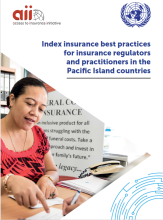
It is for this reason that the A2ii jointly published with the Pacific Insurance and Climate Adaptation Programme (PICAP) a report on Index insurance best practices for insurance regulators and practitioners in the Pacific Island countries. This publication, based on the Pacific Island jurisdictions, contains valuable insights and provides important considerations for regulators from all geographies and other relevant stakeholders. It identifies and documents best practices in managing index-based insurance solutions, covering prudential requirements, legal considerations, design and distribution strategies, consumer education and protection aspects.
Stemming from this publication and as part of the series of A2ii-IAIS Dialogues, on 28 February 2023 the Public Dialogue on Index Insurance Best Practices took place virtually in partnership with UNCDF (recording available).
Climate change is causing a rise in the frequency and intensity of natural disasters, affecting communities worldwide. However, certain areas are particularly vulnerable to these events. Many emerging market jurisdictions and small states find themselves in the crosshairs, facing the daunting challenge of coping with escalating human and economic losses. In such circumstances, index insurance emerges as a powerful solution, offering swift pay-outs to those affected. By enhancing their financial resilience, it helps to mitigate their risk of falling into poverty in the aftermath of extreme weather events.
“Estimates show that reducing Fiji’s climate vulnerability (…) would cost around 250 million US dollars annually, or 5% of Fiji’s GDP”.
Caroline Waqabaca, Manager of the Financial Development System Unit. Reserve Bank of Fiji
During the last A2ii-IAIS-UNCDF Public Dialogue, this was made evident by the examples that the speakers shared:
Krishnan Narasimhan, Programme Manager with the Pacific Insurance Climate Adaptation Programme (UNCDF PICAP), highlighted that the Pacific small island developing states have limited capacity to manage risks and cope with large economic losses after a disaster occurs. The PICAP has been implemented, promoting market-based climate risk insurance solutions in these jurisdictions with micro and meso-level index insurance products for low-income households, small-holder farmers, and MSMEs. So far, PICAP has been implemented in Fiji, Vanuatu and Tonga, with the aim of expanding to four other jurisdictions in the Pacific and eventually in Africa and Southeast Asia.
Caroline Waqabaca shared Fiji’s experience of implementing index insurance as part of the PICAP. To implement this type of insurance in Fiji, it was necessary to ensure an enabling regulatory framework. For this, the Reserve Bank of Fiji approved parametric insurance to be introduced as a general insurance product, which is a requirement for all new insurance products entering the market. Parametric insurance also met the eligibility criteria for experimentation in their Fintech regulatory sandbox. The parametric insurance was approved to run as a pilot from December 2021 to November 2022 with the testing period extended to May 2023. The first trigger event occurred in January 2023, which resulted in pay-outs to 525 beneficiaries, 41% of which were women and 38% persons living with disabilities.
The parametric insurance was approved to run as a pilot from December 2021 to November 2022 with the testing period extended to May 2023. The first trigger event occurred in January 2023, which resulted in pay-outs to 525 beneficiaries, 41% of which were women and 38% persons living with disabilities.
For a fairly new product, further capacity building is needed for regulators and insurers as well as financial literacy for consumers. Consumer scepticism towards parametric insurance means take-up takes time, and clear communication is needed to ensure expectations are rightly managed. Lastly, sandbox testing can take longer than expected, as adjustments are made during the process.
Another country example was shared during this webinar by Peter Okongo, Inspection Officer at the Insurance Regulatory Authority of Uganda (IRA). He explained how in Uganda index insurance has been introduced for the agricultural sector as a public-private partnership with subsidised components.
The IRA played a crucial role in this process by defining index insurance and verifying and monitoring the policies submitted by the end of every season. As a result, 375,000 farmers have utilised the agricultural insurance and these households have reported an increase in their income.
These positive impacts have not come without their challenges. For instance, the IRA highlighted that they are experiencing a lack of specialists in agriculture risk and adjustment service providers. Furthermore, the increased unpredictability of weather events due to climate change has caused the cost of insurance to increase, as well as basis risk (when the damage is higher than what the index had anticipated and covered). They have also faced struggles in achieving women’s attendance to financial literacy campaigns on this topic.
The path ahead
Index insurance offers potential to make insurance more accessible to vulnerable and excluded groups. This is especially applicable to rural and farmer populations. However, there are still challenges to be addressed both from a consumer and regulatory perspective; For this reason, the A2ii will be working further on solutions for climate risk insurance. As part of the partnership with the UNCDF, A2ii is developing a training module on index insurance that will be available on Connect.A2ii, our supervisors-only platform. We will share more information in due time.
Share this article
Also in Blog
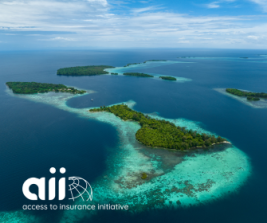
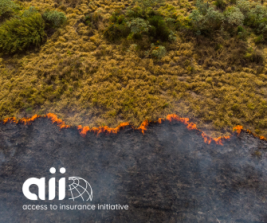
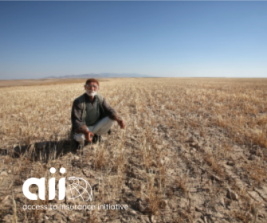

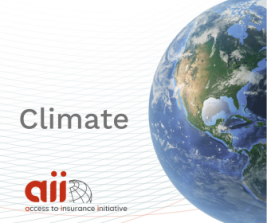
Authors
Posts by Author
Topics Cloud
Subscribe to our list
Receive notifications when we publish new blog entries
Subscribe here


